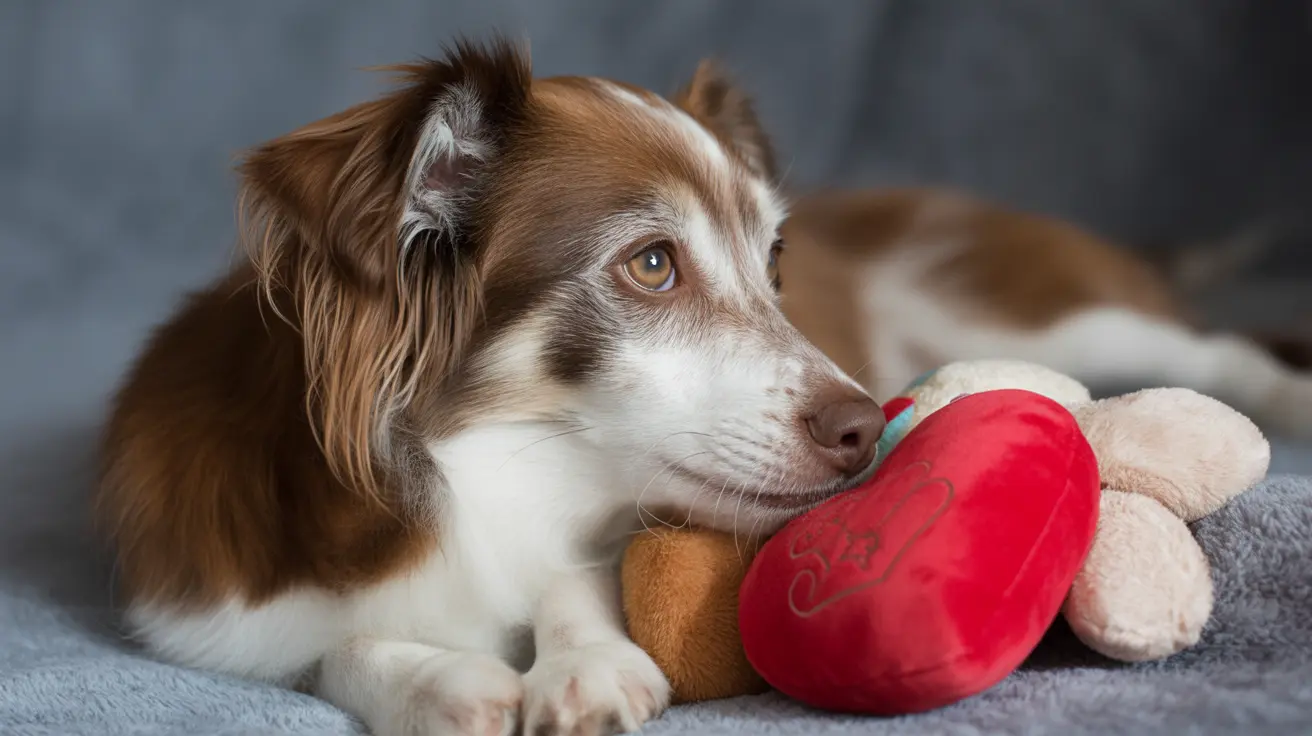Many pet parents find themselves concerned when their small dog exhibits shaking or trembling behaviors. Whether it's a response to cold temperatures, anxiety, or an underlying health condition, understanding why small dogs shake is crucial for providing proper care and knowing when to seek veterinary attention.
In this comprehensive guide, we'll explore the various reasons behind small dog shaking, identify breeds most prone to trembling, and provide practical solutions to help manage this common behavior. We'll also help you distinguish between normal shaking and signs that warrant immediate medical attention.
Common Causes of Small Dog Shaking
Environmental Factors
Small dogs are particularly susceptible to environmental triggers that can cause shaking. Cold temperatures affect them more severely due to their smaller body mass and reduced ability to retain heat. Even mild temperature drops can trigger shivering in breeds like Chihuahuas, Yorkshire Terriers, and Miniature Pinschers.
Emotional Responses
Anxiety, excitement, and stress frequently manifest as shaking in small dogs. This reaction can occur during thunderstorms, fireworks, or when meeting new people. Some small breeds are naturally more sensitive to emotional stimuli, making trembling a common response to various situations.
Medical Conditions That Cause Shaking
Hypoglycemia
Small dogs are particularly prone to low blood sugar, especially toy breeds and puppies. Signs of hypoglycemia often include shaking, weakness, and disorientation. Regular feeding schedules and proper nutrition can help prevent these episodes.
Neurological Issues
Some small breeds are predisposed to neurological conditions that cause tremors. White Dog Shaker Syndrome, while not exclusive to white dogs, predominantly affects small breeds and can cause full-body tremors that worsen with excitement.
Prevention and Management Strategies
Temperature Control
Keep your small dog warm with appropriate clothing during cold weather. Ensure they have a cozy bed away from drafts, and dry them thoroughly after baths or rain exposure.
Anxiety Management
Create a calm environment and establish consistent routines to reduce stress-related shaking. Consider behavior modification techniques or consult with a professional trainer for persistent anxiety issues.
When to Seek Veterinary Care
While some shaking is normal, certain signs indicate a need for immediate medical attention:
- Sudden onset of severe tremors
- Shaking accompanied by lethargy or loss of appetite
- Trembling that persists for extended periods
- Additional symptoms like vomiting or diarrhea
Frequently Asked Questions
Why does my small dog shake or tremble even when not cold or scared?
Small dogs may shake due to various reasons including excitement, low blood sugar, or underlying medical conditions. If the shaking occurs regularly without obvious triggers, consult your veterinarian for a proper evaluation.
What medical conditions commonly cause shaking in small dog breeds?
Common medical causes include hypoglycemia, White Dog Shaker Syndrome, ear infections, and generalized anxiety disorder. Some breeds may also experience hereditary conditions that cause tremors.
Which small dog breeds are most likely to experience shaking or tremors?
Chihuahuas, Maltese, Yorkshire Terriers, and Miniature Pinschers are particularly prone to shaking. Some breeds are also genetically predisposed to conditions like White Dog Shaker Syndrome.
How can I tell if my small dog's shaking is due to anxiety or a serious health issue?
Anxiety-related shaking typically occurs in response to specific triggers and subsides when the stimulus is removed. Medical issues often involve persistent shaking accompanied by other symptoms like lethargy, loss of appetite, or changes in behavior.
What home care steps can help reduce shaking in small dogs during cold weather?
Provide warm bedding, use properly fitted doggy sweaters or coats, limit outdoor exposure in cold weather, and ensure your dog is completely dry after baths or outdoor activities. Create warm, draft-free spaces in your home where your dog can rest comfortably.






